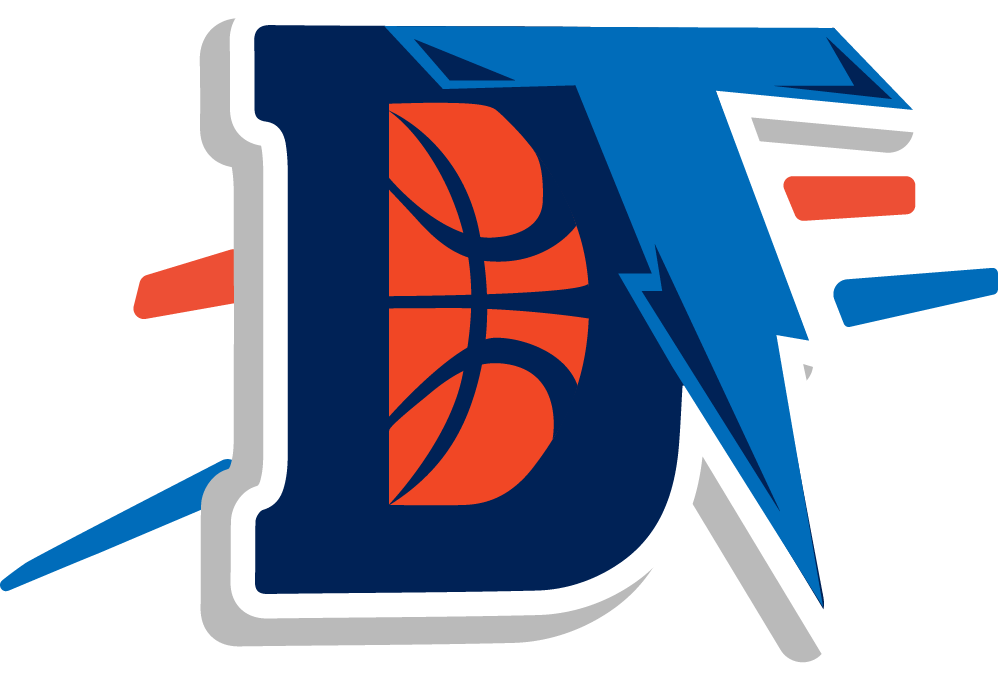Why are the Thunder bringing back Derek Fisher?

Ronald Martinez/NBAE/Getty Images
Simple question: What do the Thunder want 38-year-old Derek Fisher for?
He seemingly retired after a nine-game stint with the Mavs that ended with him hurting his knee. He hasn’t played a game since November. He’s 38. He’s not that great. But now he’s back to join up with Oklahoma City a second time? Why?
Here’s why: insurance.
The Thunder traded away Eric Maynor at the deadline to Portland for a trade exception, leaving them with an open roster spot and light at the point guard position. You don’t want to roll into the postseason with just two point guards on the roster, especially when you don’t have a player like James Harden anymore that could assume the duties. A rolled ankle for Reggie Jackson and you’d be left with just one point guard, something that’s not ideal.
So the Thunder inked Fisher just like they did last year. They could’ve waited to see what the buyout market yielded, to see if there was a better option. Or there’s even some veterans available still (Delonte West, Allen Iverson, Gilbert Arenas). But Fisher fit the Thunder profile in a lot of ways, starting with who he is, his presence, his leadership, his character and his experience.
Now, the question is what his role will be. From what I understand, the Thunder are very content with Reggie Jackson as the team’s backup point guard and his job isn’t likely to be threatened by the addition of Fisher. (Wouldn’t that be something though? Jackson losing his job to Fisher all over again? Ouch.) Fisher is probably seen exclusively as a third-string point man, otherwise known as the honorary Kevin Ollie/Royal Ivey role.
(Relevant note: Fisher was actually pretty good for the Thunder last season, despite a really slow shooting start. He hit 19-54 from 3 in the playoffs and played some quality minutes. He played too much, but only fair to point out that he was solid.)
I’d be very surprised for Fisher to get any regular minutes, but then again, I never really expected him to be playing 28 minutes in the NBA Finals either. Scott Brooks clearly had an addiction for playing Fisher and it became worrisome at times last season. Hopefully he’s been through rehab, withdraws and has broken the habit now.
But having Fisher as a break-in-case-of-emergency is a very wise decision. Smart player with tons of experience. Knows the system, knows the team, knows his role. He’s hit big shots, played big minutes and isn’t going to rattle if you’ve got to toss him into a big game because of foul trouble or an injury.
Valid question though: So why deal Maynor at all then? Why not keep him as your third point guard and security blanket? Two reasons:
1) The Thunder were doing Maynor a solid. He’s in a contract year and with him coming off a major knee injury and losing his job, his value is at an all-time low. And with him sitting on the bench in OKC he wasn’t going to do anything to change perception. So he needed a fresh start and a new chance. He essentially requested a trade because of it.
2) That last part to No. 1. Maynor wanted out because he needed out. And had the Thunder told him no and kept him, you would’ve had one ticked off third string point guard. Not a good thing for your locker room, especially when you can do the exact opposite and bring in a guy with a ton of character and leadership qualities.
Fisher is reliable, he’s steady. And like I said, why not put a guy of his standing on the end of your bench to chirp in Russell Westbrook and Kevin Durant’s ears, to make pregame speeches in the locker room, to hold guys accountable. If anything, paying him to be part of your group is smart. With an open roster slot available and OKC’s rotation set, it’s a no-risk move. Well, unless Brooks takes this as a license to start playing him 25 minutes a game again, but I think we’re likely past that.
